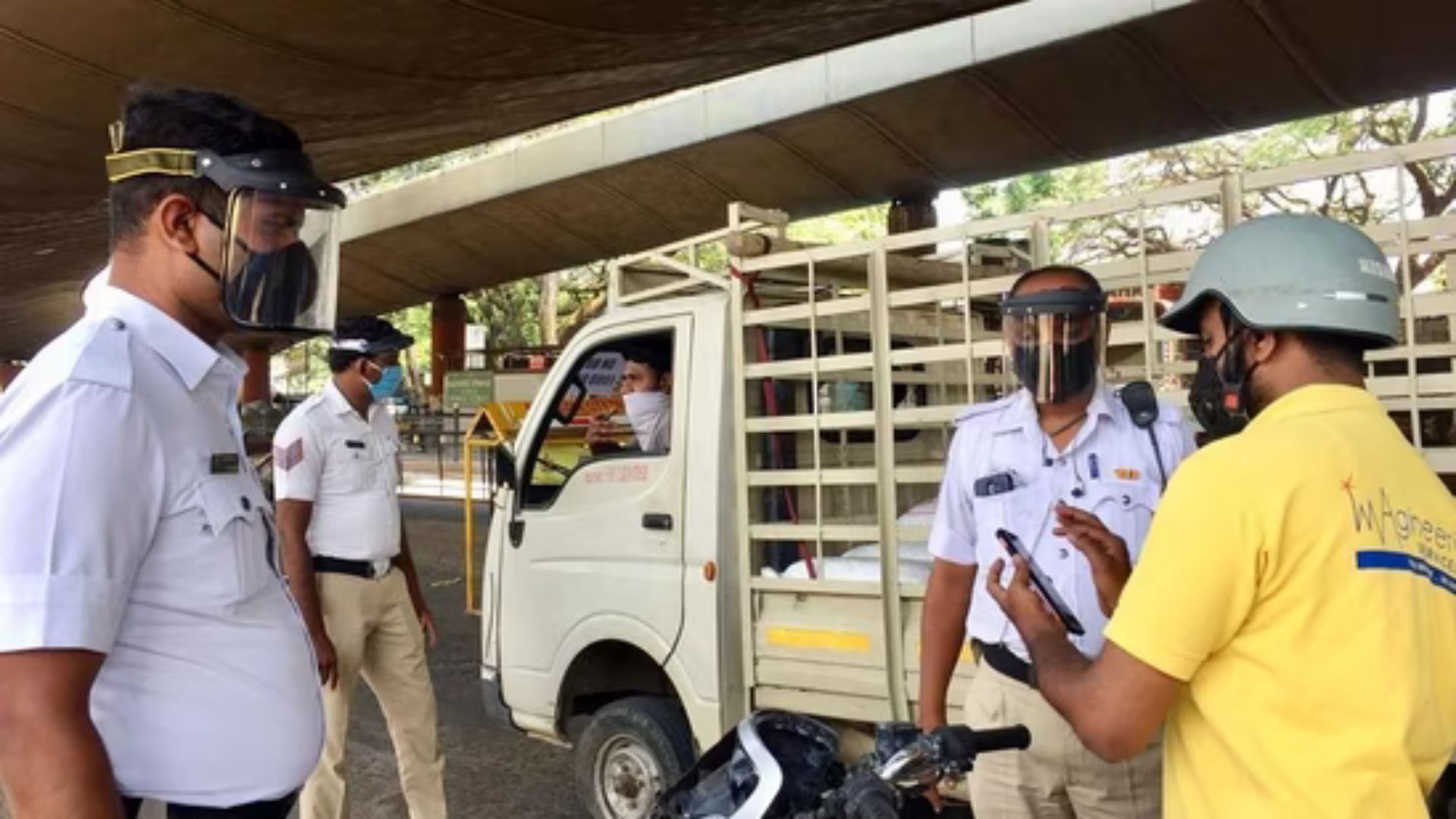Starting August 3, heavy goods vehicles will be banned from city roads in Bangalore during peak hours on Saturdays to reduce traffic congestion. This new regulation aims to ease the flow of traffic and enhance the overall commuting experience for residents and visitors.
The decision comes after numerous complaints about the severe traffic jams that plague the city, particularly on weekends when the number of vehicles on the road increases significantly. The Bangalore government expects that this measure will not only improve traffic conditions but also reduce pollution levels and contribute to a cleaner, more pleasant urban environment.
Heavy goods vehicles will need to plan their schedules accordingly, ensuring that deliveries and other activities involving large vehicles are completed outside the restricted hours. Authorities will monitor the situation and may adjust the regulations as needed to optimize traffic flow and address any unforeseen challenges.
The ban will specifically target peak traffic hours, which have been identified as 8 AM to 10 AM and 4 PM to 6 PM. During these times, the presence of HGVs on city roads significantly contributes to traffic jams, delays, and increased risks of accidents. By restricting their movement during these critical periods, city planners aim to create a smoother traffic flow and a safer environment for all road users.
To ensure compliance with the new regulation, city authorities will deploy additional traffic enforcement personnel during the specified peak hours. Signage will be installed at key entry points to the city, informing drivers of the restrictions. Violators may face fines and other penalties to encourage adherence to the new rules.
As the regulation comes into effect on August 3, city planners and residents alike will be watching closely to gauge its impact. If successful, this initiative could serve as a model for other cities facing similar challenges, demonstrating that thoughtful regulation and strategic planning can lead to meaningful improvements in urban living.







